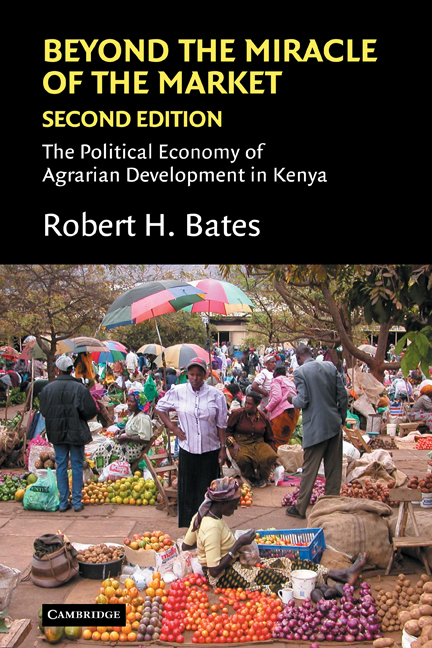Beyond the Miracle of the Market addresses broad questions, among which perhaps the broadest, most enduring has occupied theorists for centuries: Why do some countries succeed where others fail? To answer this in the context of late-twentieth century developing nations, Robert Bates constructs a detailed way of thinking about this central issue in economics, which troubles the very position of the State in its course. Markets, and the institutions that dominate their constituencies, take center stage here, while political and social interests form the supporting apparatus and the lenses through which to examine change in those institutions over time. In this way, Bates approaches the questions of growth, stability, and crisis in developing-nation economies without striking either condescending or dismissive tones, and without mistaking patterns for general truths. Continue reading
Tag Archives: political


Foucault – on Biopolitics
The aspect of power/knowledge best suited for adoption by those dissatisfied with traditional political economy, social psychology, or political theory, Foucault’s concept of biopolitics addresses the machinations of power on the historically inscribed body, as well as the diffusion of actual relations of power between such bodies. In the lecture series “Security, Territory, Population” and “The Birth of Biopolitics”, he delves into the details of the conditions of power relations in neoliberal societies. Cautious to distinguish liberal and neoliberal contexts from the commonsense notion of freedom, and to differentiate power relations from individual rights or privileges, his argument rests on the ideas developed in his edited works such as Discipline and Punish, or the end of History of Sexuality. Here, biopolitics takes on the characteristics of State apparatuses, but extends beyond them into the quotidian practices of material, discursive, and economic life.